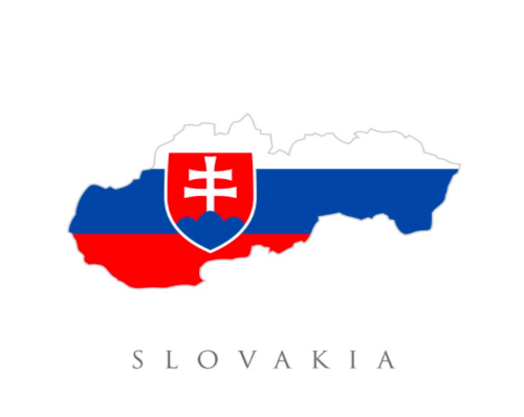- Casino News
- Industry News
Slovakia’s Gambling Law Back Under Review


Slovakia's Gambling Law Back Under Review


The current law, passed in 2019, opened the Slovak online gambling market to international competition for the first time, reducing the dominance of TIPOS, the state lottery operator. The reform was designed to modernize regulation, secure new tax revenues, and reduce the role of unlicensed offshore sites. Yet, five years later, Huliak argues that the framework tilts too heavily in favor of the interests of operators and does not sufficiently protect the public.
Another central feature of his proposal is the expansion of TIPOS's responsibilities. Huliak has been careful to avoid presenting this as a step back toward monopoly, instead portraying it as a way to ensure that gambling profits are channeled into public and community projects. In his public statements, he has emphasized that this is not about promoting gambling, but about directing its revenue streams toward social priorities, such as healthcare, sports, and education.
Opposition parties, however, have seized on the proposal as an opportunity to challenge the government's approach to gambling regulation. The Christian Democratic Movement (KDH) has been particularly critical, accusing Huliak of presenting cosmetic changes while avoiding deeper structural questions. In its statements, the party has raised concerns about gaps between statutory tax rates on gambling and the actual revenue collected, suggesting that enforcement mechanisms may not be fully effective. The opposition has also called for a parliamentary inquiry to examine whether operators are underreporting or minimizing their contributions to the state.
The debate reflects a broader regional trend. Across Central and Eastern Europe, governments have struggled to strike the right balance between encouraging regulated competition and ensuring that gambling revenues make a meaningful contribution to public budgets. In many jurisdictions, state lotteries continue to play a central role as a stable source of revenue for cultural, sporting, and social initiatives. Huliak's proposals place Slovakia more firmly in that camp, although without fully returning to a state-controlled model.
What remains clear is that the Slovak gambling debate is no longer solely about economic liberalization. Instead, it has shifted toward the question of how gambling is integrated into the country's social and political fabric. Whether Huliak's proposals mark the beginning of a broader realignment or remain a contested experiment will depend on the course of parliamentary debate in the coming months.
Top Online Casinos
10 Recommended Online Brands On CasinoLandia That Will Enhance Your Gaming Experience
No results were found!








